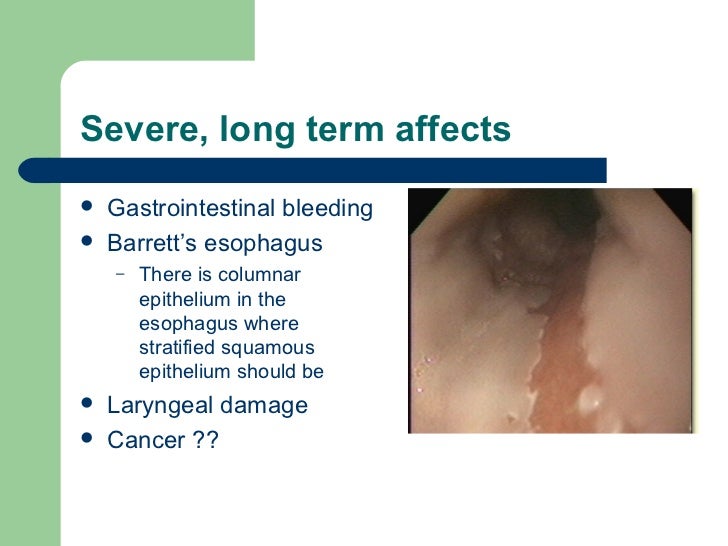Laryngopharyngeal reflux (lpr) is a common defect among laryngological and phoniatric patients although lpr is categorized as a superficial gastroesophageal reflux disease (gerd), differential diagnosis should treat these two diseases separately lpr symptoms can be assessed in the interview using …. Reflux disease pepsin. Although acid is indeed one of the culprits in cases of gastroesophageal reflux disease (gerd), a growing body of evidence suggests that pepsin, an enzyme, is the substance that causes the most damage when the reflux extends beyond the upper esophagus and reaches the pharynx, larynx and lungs.
reflux disease pepsin
Recently, pepsin determination in saliva has been proposed as a non-invasive diagnostic method for reflux disease24 in this study, we determined the sensitivity and specificity of salivary pepsin for the positive diagnosis or exclusion of reflux-related symptoms in patients with heartburn our results showed (1) that pepsin can be found in. Pepsin is a stomach enzyme – the most important one. it digests protein. without pepsin, you would have no chance digesting protein-rich food like meat. most people think of reflux as acid. this is not the case. it is impossible to reflux acid alone. reflux always contains pepsin as well. if pepsin is refluxed into the esophagus, it is not. Reflux disease is typically associated with an excessive reflux of stomach contents – comprising of ingested food and drink, acid, bile and pepsin – into the lower oesophagus, leading to symptoms such as heartburn and indigestion.. however, reflux can reach much further, extending beyond the upper oesophagus into the pharynx, larynx, airways and middle ear, even causing damage to these areas..


0 comments:
Post a Comment